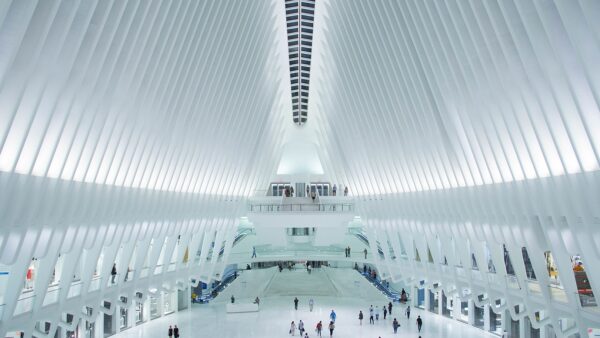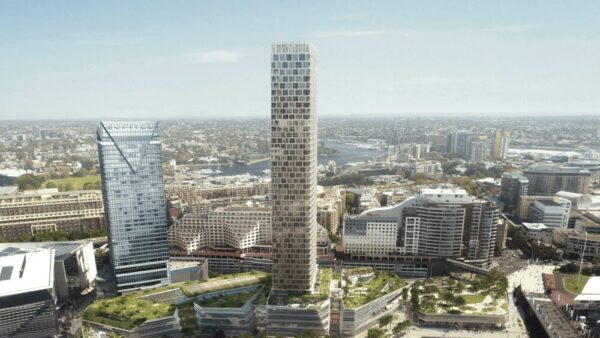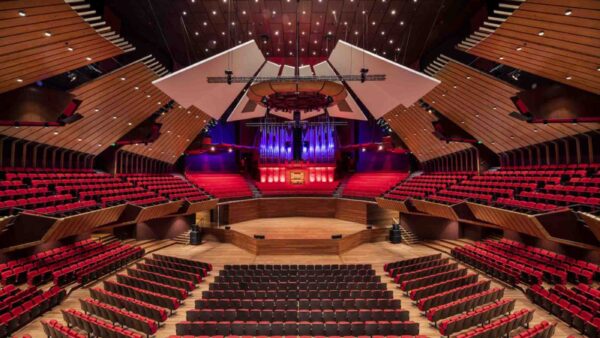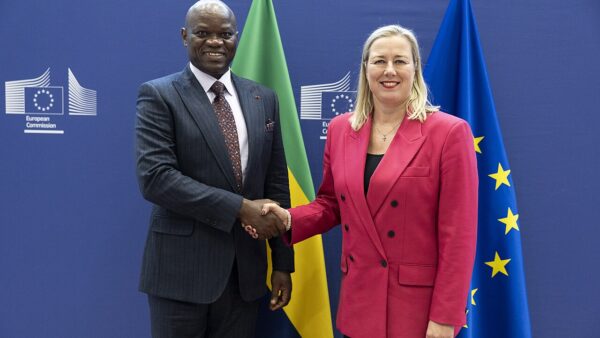Dubai developer Nakheel announced last week that its profit had risen 43% in 2014, passing the $1bn mark.Â
It’s a clear signal of a return to health after the company was forced to undergo a $16bn debt restructuring as a result of the collapse in Dubai’s property values in the wake of the 2008 financial crisis.
A statement from the company attributed the strong performance to the resurgence of Dubai’s residential market. Nakheel sold 1,117 units last year, including 132 homes at Palma Residences and Palm Views on Palm Jumeirah, the first new projects to be launched by Nakheel after its restructuring. Â
Other handovers took place at Al Furjan, International City, Jumeirah Village, Jumeirah Park (pictured) and Jumeirah Heights. Nakheel has now delivered 8,837 units to customers since its restructuring began in 2010.
Ali Rashid Lootah, the chairman of Nakheel, said: “Last year was our biggest year yet in terms of financial performance and achievements. Not only did we clear all $2.2bn of our outstanding bank debt four years ahead of time, we also completed and delivered our first new project – Palma Residences – since restructuring.”
“Our results for 2014 are further evidence of the ongoing support from the Government of Dubai and Nakheel’s board of directors to implement a sustainable, realistic long-term business strategy. They also highlight continued growth in investor trust in Nakheel and Dubai real estate.”
Nakheel’s retail projects also did well in 2014, with almost 7,000 units at Deira Islands Night Souk and Warsan Souk pre-leased within a week of their launch. There was also a large appetite for space at Nakheel Mall, The Pointe at Palm Jumeirah and at various other retail projects launched by Nakheel last year.
Nakheel expects to award around $2bn worth of construction contracts in 2015. Projects include Deira Islands Mall, The Circle Mall and Al Khail Avenue at Jumeirah Village, The Palm Tower, Ibn Battuta expansion and several other residential, retail projects and hospitality projects across Dubai.
The company is best known for artificial islands such as The World and the Palm Jumeirah. The company was part of the Dubai World group, which shook global markets in 2009 when it signalled it was facing difficulties paying off debts totalling about $25bn.
The government obtained an emergency loan of $20bn from oil-rich Abu Dhabi and used $9.5bn of that to keep Nahkeel afloat, separating the company from Dubai World and making it state-owned.
Photograph: Masterplan of Nakheel’s Jumeirah Park (Source: Nakheel)






